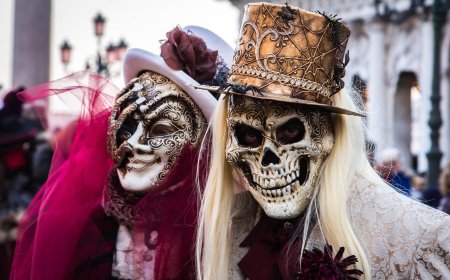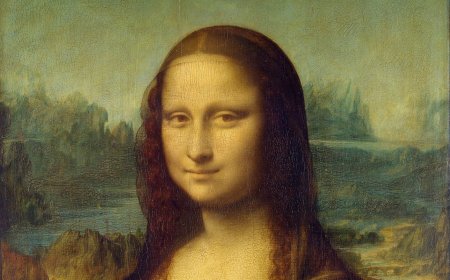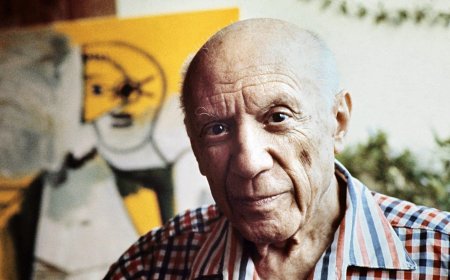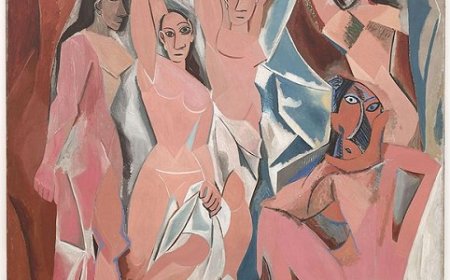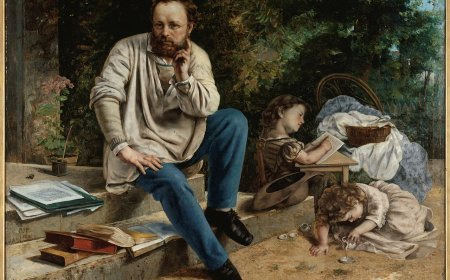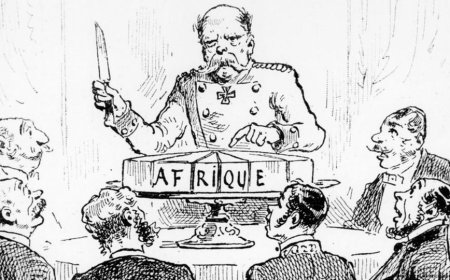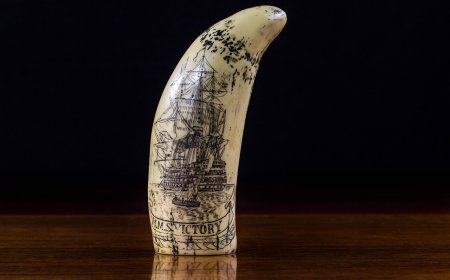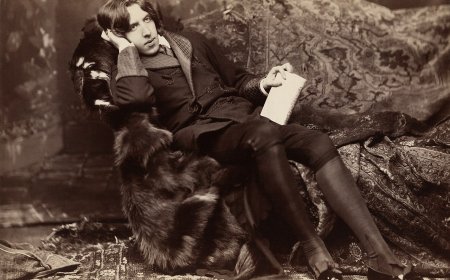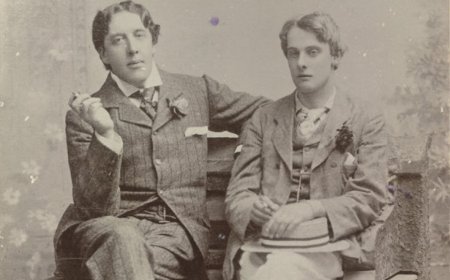Oscar Wilde's Contribution to Modern Literature
Despised by his moralistic contemporaries for petty reasons, Oscar Wilde is recognized as a major name in Irish and world literature, a man far ahead of his time.
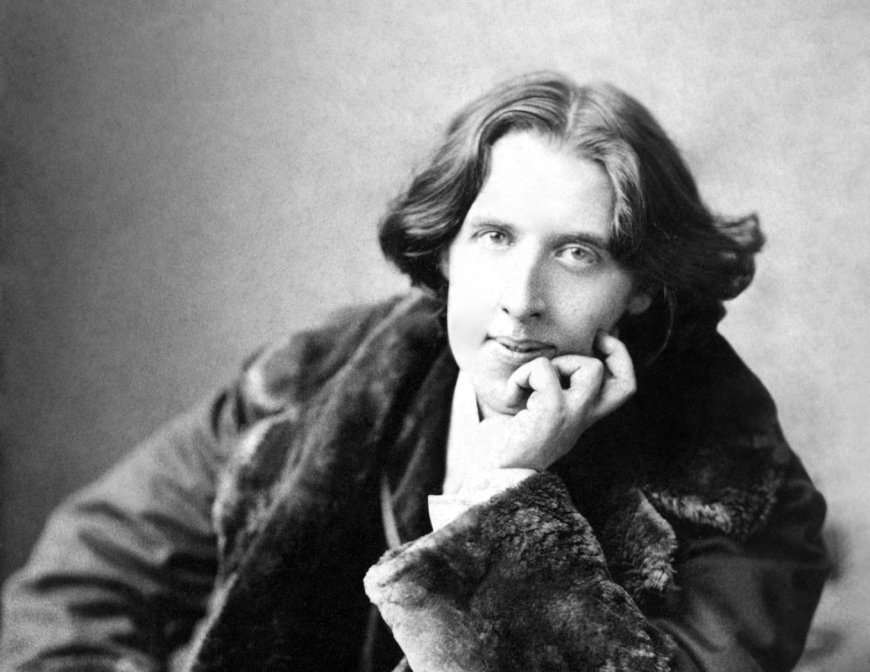
Oscar Wilde made significant contributions to modern literature through his distinctive style, innovative use of satire, and exploration of societal norms. Wilde's writing is characterized by his wit and satirical commentary. He employed clever wordplay, irony, and humor to expose the absurdities of Victorian society, its conventions, and its hypocrisy. His sharp observations and comedic dialogues have had a lasting influence on the use of wit and satire in literature.
Through his plays, essays, and novels, Wilde tackled pressing social issues of his time. He critiqued the superficiality of the upper classes, the constraints of societal norms, and the rigidity of Victorian morality. His works often questioned the values and attitudes of the society in which he lived.
Wilde was a central figure in the Aesthetic Movement, which promoted "art for art's sake." He championed the idea that art should not serve moral or didactic purposes but should be appreciated purely for its beauty and aesthetic qualities. This philosophy challenged conventional expectations of art's role and influenced later movements like Symbolism.
He emphasized the importance of style in writing. He believed that the way a message is conveyed is just as important as the message itself. This focus on elegant and ornate prose had a lasting impact on the development of English literature and influenced writers like the Bloomsbury Group and the modernist movement.
Wilde's plays introduced innovative dramatic techniques, such as rapid-fire repartee, mistaken identities, and intricate plotting. His masterpiece, "The Importance of Being Earnest," is a prime example of his skillful use of these techniques to create humorous and socially insightful narratives.
His works often subverted traditional narrative and character expectations. He played with gender roles, challenged norms, and created characters who defied societal conventions. This subversion contributed to the broader movement towards literary experimentation in the late 19th and early 20th centuries.
Wilde's own experiences as a gay man in a repressive society, as well as his later legal troubles and imprisonment, have made him a symbol of LGBTQ+ struggle and identity. His openness about his orientation and his discussions of love and desire in his works paved the way for LGBTQ+ representation in literature.
Oscar Wilde produced a range of works that spanned plays, novels, essays, and poetry. Some of his most important and influential works include:
-
Plays:
- "Lady Windermere's Fan" (1892): A comedy of manners that explores themes of social hypocrisy, marriage, and the role of women in society.
- "A Woman of No Importance" (1893): A satirical play that criticizes Victorian morality, class distinctions, and gender roles.
- "An Ideal Husband" (1895): A comedy that delves into themes of political corruption, moral integrity, and public versus private lives.
- "The Importance of Being Earnest" (1895): Wilde's most famous and enduring play, a farcical comedy that satirizes societal conventions, mistaken identities, and the pursuit of marriage.
-
Novels:
- "The Picture of Dorian Gray" (1890): A novel that explores the consequences of aestheticism and moral corruption. It tells the story of a young man who remains eternally youthful while a portrait of him ages and reflects his moral degradation.
-
Essays and Non-Fiction:
- "The Decay of Lying" (1889): An essay in which Wilde argues for the importance of artifice and aesthetic values in art and life.
- "The Critic as Artist" (1891): An exploration of the role of the critic in shaping art and culture.
- "De Profundis" (1905, published posthumously): A long letter written during his imprisonment, reflecting on his spiritual and emotional journey, as well as his relationship with Lord Alfred Douglas.
-
Poetry:
- "Poems" (1881): Wilde's first published collection of poetry, which includes both lyrical and narrative poems showcasing his lyrical style and themes of beauty, love, and sorrow.
These works are notable for their wit, satire, exploration of societal norms, and their engagement with themes of art, beauty, and morality. "The Importance of Being Earnest" and "The Picture of Dorian Gray" are often considered his most iconic and enduring creations, while his essays and lectures continue to offer insights into his philosophical views on aesthetics and society.
Wilde's famous quotes
Oscar Wilde is also known for his sharp wit and memorable quotes. Here are some famous sentences attributed to him:
- "Be yourself; everyone else is already taken."
- "I can resist everything except temptation."
- "To live is the rarest thing in the world. Most people exist, that is all."
- "We are all in the gutter, but some of us are looking at the stars."
- "The only way to get rid of a temptation is to yield to it."
- "A cynic is a man who knows the price of everything and the value of nothing."
- "I am not young enough to know everything."
- "I have the simplest tastes. I am always satisfied with the best."
- "The truth is rarely pure and never simple."
- "Fashion is a form of ugliness so intolerable that we have to alter it every six months."
These quotes reflect Wilde's keen observations on life, society, and human nature, often infused with his characteristic humor and paradoxical insights.
























